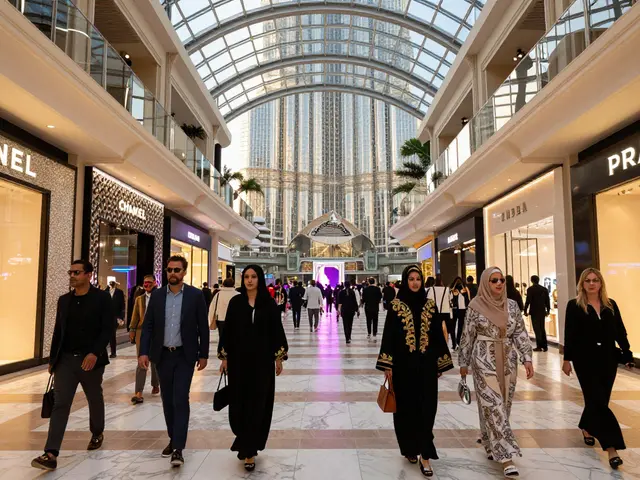Substance Abuse in Dubai – What You Need to Know
Substance abuse is a real problem that touches many lives, even in a city known for its glitz. If you or someone you care about is struggling, the first step is understanding the signs and knowing where to turn for help. In Dubai, the government and community groups have built a solid framework of support, but it can feel overwhelming to navigate. This guide breaks down the basics so you can act quickly and confidently.
Recognizing the Signs
Spotting a problem early makes a huge difference. Common red flags include sudden mood swings, secretive behavior, and a drop in work or school performance. Physical cues like bloodshot eyes, unexplained weight loss, or frequent illnesses can also point to substance use. If you notice a friend staying out late, missing important events, or borrowing money without a clear reason, it’s worth a gentle conversation.
People often hide their use because of shame or fear of legal consequences. In Dubai, drug offenses are taken seriously, but the focus is shifting toward rehabilitation rather than punishment for first‑time users. Understanding that seeking help is a sign of strength, not weakness, can open the door to recovery.
Getting Help and Support
The good news is Dubai offers a range of services tailored to different needs. Public hospitals such as Dubai Hospital and Rashid Hospital have addiction clinics that provide assessment, detox, and counseling. Private centers like the Al Zahra Hospital Addiction Service or the Emirates Hospital for Future Generations offer more personalized programs, often with English‑speaking staff.
For those who prefer discreet support, the UAE’s Ministry of Health runs a 24‑hour helpline (800‑444‑333) that connects callers to trained professionals. You can also reach out to NGOs like the Emirates Association for Mental Health, which runs group therapy sessions and outreach workshops.
Beyond medical treatment, building a solid support network is crucial. Talk openly with trusted family members or friends, and consider joining a recovery group where you can share experiences without judgment. Many expat communities host weekly meetings in venues like the Dubai International Community Centre.
Preventing relapse involves practical steps: set a daily routine, avoid triggers, and stay active with hobbies or exercise. Simple habits like keeping a journal, planning meals, and scheduling regular check‑ins with a counselor keep you accountable.
If you’re a parent worried about a teenager, start the conversation early. Ask about their day, listen without interrupting, and watch for signs like sudden grade drops or new friend circles. Schools in Dubai often have counselors trained to spot substance‑related issues, so don’t hesitate to involve them.
Finally, remember that recovery is a journey, not a quick fix. Celebrate small wins, stay patient with setbacks, and keep reaching out for help when you need it. Dubai’s blend of modern healthcare and community support means you’re never alone in this fight.
Take the first step today: call the helpline, book a consultation, or simply talk to someone you trust. Early action saves lives, restores health, and puts you back on the path to a brighter future.
Understanding the Link Between Sex and Substance Abuse in Dubai
Exploring the interactions between substance abuse and sexual activities in Dubai, this article sheds light on the complexities of these interconnected behaviors. With Dubai's vibrant nightlife as a backdrop, we delve into how substances can influence sexual decisions, the social and health implications involved, and provide practical insights for navigating these challenges responsibly.





